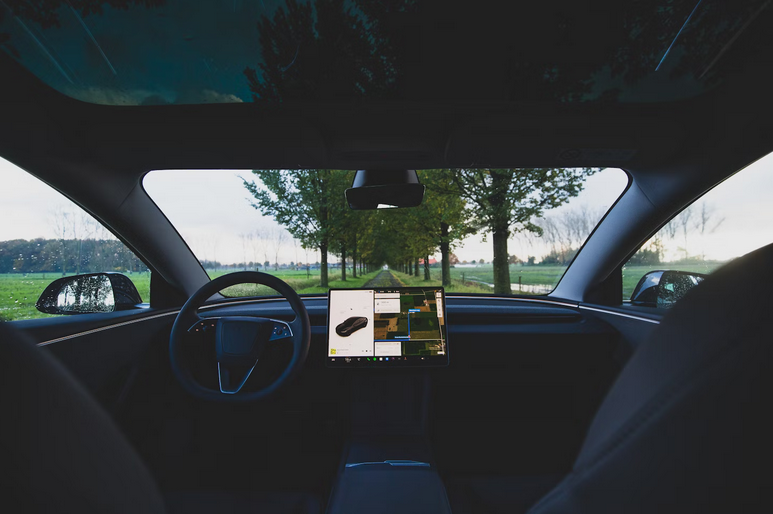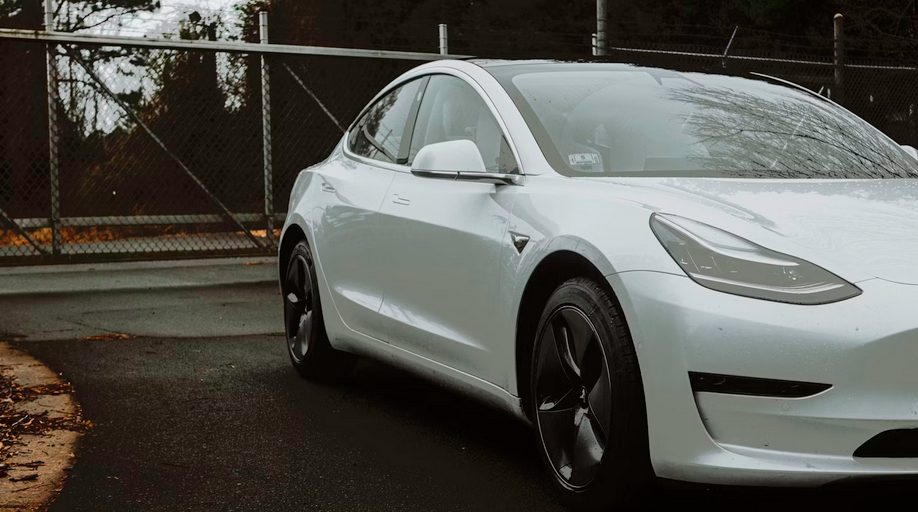The automotive landscape is changing rapidly. Gone are the days of simply turning a key and hitting the road. Smart cars are vehicles that are not just modes of transportation but sophisticated machines equipped with cutting-edge technology. With features designed to enhance convenience, safety, and efficiency, these vehicles promise to reshape our driving experiences. Imagine a car that can communicate with traffic lights, understand your preferences, and even suggest alternate routes based on real-time data. It’s happening right now as smart cars take center stage in the world of innovation. As we dive into this exciting trend, let’s explore how connectivity, artificial intelligence (AI), and the Internet of Vehicles are revolutionizing our roads and what it means for drivers everywhere.
The Role of Connectivity in Smart Cars
Connectivity serves as the backbone of smart cars. It allows vehicles to communicate with each other and their surroundings seamlessly. Imagine driving through a city where your car receives real-time traffic updates, guiding you away from congestion. This connectivity is powered by various technologies such as 4G, 5G, and Wi-Fi. These networks enable instant data exchange between vehicles and infrastructure like traffic lights or road signs. With this flow of information, drivers can make informed decisions on the go.
Artificial Intelligence and Smart Cars

Artificial intelligence is the heartbeat of smart cars. It transforms vehicles into responsive, intuitive machines that learn from their environment. Through machine learning algorithms, these cars analyze vast amounts of data in real time. This allows them to make informed decisions about navigation, safety, and performance. AI enhances driver experiences with features like adaptive cruise control and lane-keeping assistance. These systems not only reduce stress but also improve overall safety on the road.
The Internet of Vehicles: Connecting Cars to the World
The Internet of Vehicles (IoV) transforms how we perceive mobility. It creates a seamless link between cars and their surroundings, enabling real-time communication with traffic signals, other vehicles, and even pedestrians. Imagine your car alerting you to nearby hazards or optimal routes based on live data. This interconnectedness enhances safety and efficiency in ways previously thought impossible. Moreover, IoV facilitates remote diagnostics and over-the-air updates. Instead of waiting for service appointments, drivers can receive software enhancements directly from the manufacturer.
Advantages of Smart Cars

Smart cars offer a plethora of advantages that enhance the driving experience. One significant benefit is improved safety. These vehicles are equipped with advanced sensors and cameras, allowing them to detect potential hazards and react swiftly. Efficiency is another standout feature. Smart cars can optimize fuel consumption by analyzing driving patterns, and reducing costs while being environmentally friendly. They also provide real-time traffic updates, helping drivers avoid congestion.
The rise of smart cars is transforming the automotive landscape. With advancements in connectivity, artificial intelligence, and the Internet of Vehicles, we are witnessing a revolution on our roads. These vehicles promise not only improved efficiency but also heightened safety and convenience. Yet, as with any significant change, there are challenges to address. Concerns about data privacy and cybersecurity must be taken seriously for consumers to fully embrace this new technology. The balance between innovation and safety will determine how quickly smart cars become commonplace.…


